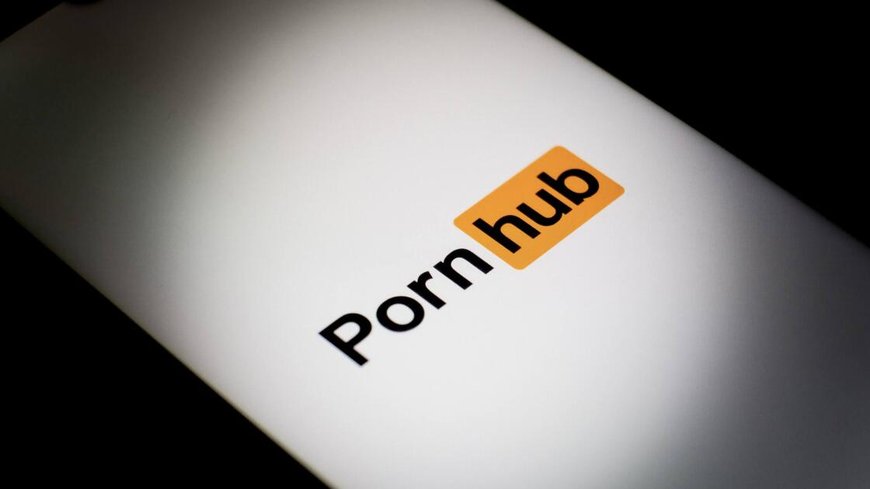
Australia Cracks Down: New Rules Demand Age Verification On Adult Sites on OnlyLikeFans

Australia Tightens Online Safety with New Age-Verification Rules
Australia is stepping up its online safety game. The eSafety Commissioner has laid down the law, mandating that adult websites must verify users' ages through ID checks, facial recognition, or other innovative technologies. These measures are part of a fresh batch of industry codes designed to ensure only adults can access explicit content.
The eSafety Commissioner, Julie Inman Grant, announced on Tuesday that these robust regulations are set to roll out within six months. They are part of a comprehensive framework targeting various online platforms, including websites, social media, and app stores.
Websites Face New Industry Codes

One of the pivotal regulations is the "designated internet services" industry code. This self-drafted rule demands enforceable standards under the Online Safety Act for most online services, excluding social media. It mandates age verification for platforms hosting adult, violent, or self-harm content.
"The provider of the service must, where technically feasible and reasonably practicable, implement appropriate age assurance measures," the code asserts. Sites are also tasked with monitoring the effectiveness of these restrictions.
“We know this is already happening to kids from our own research, with 1 in 3 young people telling us that their first encounter with pornography was before the age of 13," Inman Grant noted.
New Tech Solutions and Penalties
The specifics on which technologies will be used remain open, but options include face scans, ID uploads, and data analysis. The Australian government recently concluded trials on age-assurance technologies, further paving the way for these changes.
Failure to adhere to these codes could result in hefty fines, reaching up to $49.5 million. The broader goal is to foster safer online environments, especially for children, who face unwanted exposure to inappropriate content.
Global Context and Future Implications
Australia's decision comes on the heels of similar regulations in the UK, which rolled out age checks in July. These changes have led to increased VPN usage as users look for ways around restrictions. With the new rules taking effect on March 9, 2026, Australia is setting a precedent for online safety standards worldwide.















